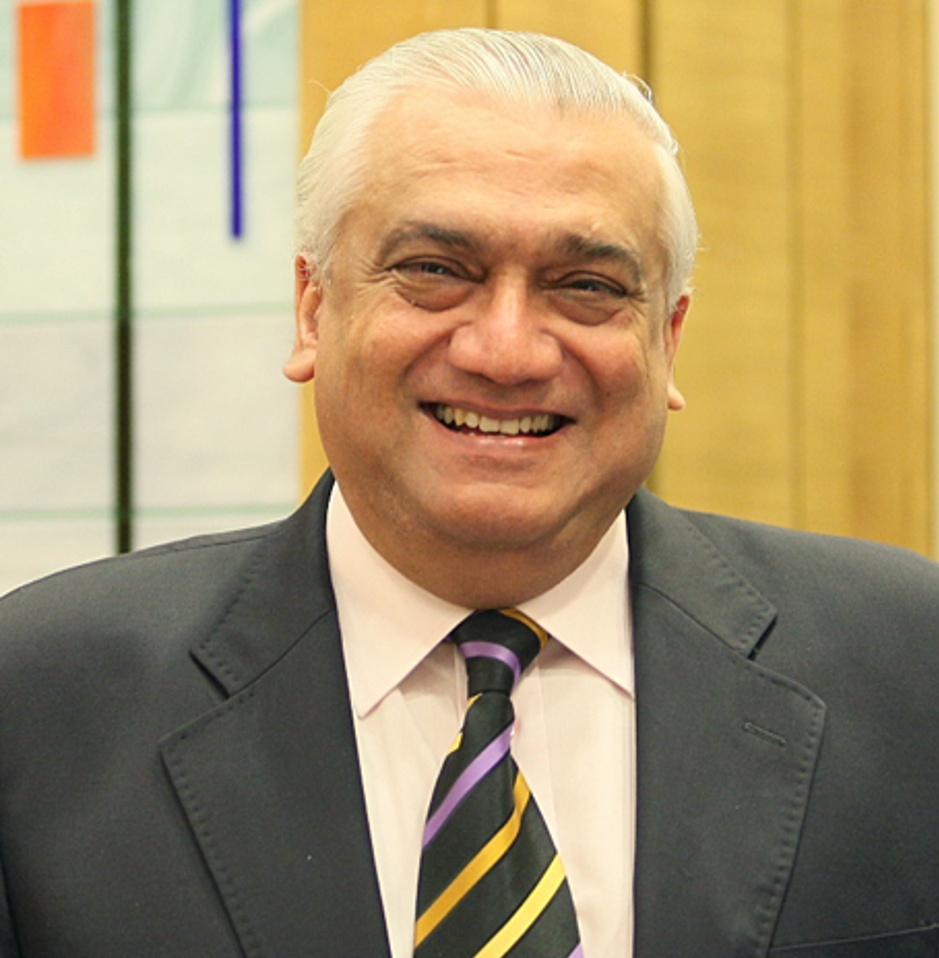The Indian Ocean may well constitute the most critical dimension of GCC foreign policies over the coming 10 years. It will be critical to the GCC states economically, politically and strategically. The importance does not stem only from the varied interests of the states which have coastlines on the Gulf, but also from the wider range of “users” of the Indian Ocean – the states whose navies and commercial fleets traverse and have a presence in the waters of the Indian Ocean. In the former category (the coastal states) the roles, interests, and strategies of the states of the eastern part of Africa, South and SouthEast Asia, and Australia all need to be taken into account. In the latter category, the key user states are China, Japan, South Korea, the US, and EU states. It is essential that the 2 GCC states develop a coherent and if possible unified approach to this vital region. At present there seems to be no such approach. This workshop is intended to lay the basis for Gulf governments and elites to develop an appropriate response to the opportunities which the Indian Ocean offers, and the challenges which it poses, for them. There is an emphasis on identifying the full range of factors – economic, political, environmental, strategic, cultural and social – which are likely to affect the GCC states’ relations with the other states involved, and integrating these into a coherent analysis of opportunities and benefits. Every attempt will be made to ensure that the workshop is as wide-ranging in its geographical and topic-based coverage as possible. Projections of how new developments in communications infrastructure (roads, railways, and oil pipelines), the build-up of naval strength, and the creation of new institutional frameworks for cooperation among the states concerned will impinge on inter-state relations and regional peace are all relevant to the analysis.
3 DAYS / 12 Workshops
MORE THAN 300 ACADEMIC PAPERS
Perspective
Of all the dimensions of GCC foreign relations, that which relates to the Indian Ocean
may well be the most critical to the future of the GCC states over the coming 10 years.
Yet, although attention has been given to GCC relations with some individual countries
around the Indian Ocean, there has in recent years been no systematic attempt to provide
a comprehensive analysis. At an earlier stage (in the 1970s and 1980s), there was
considerable research done on the Gulf countries and the Indian Ocean in terms of the
perceived Soviet threat to the sea lanes which transported Gulf oil to the Western
industrial nations; from the end of the Cold War, however, such research was deemed to
have lost its relevance. In the meantime, the Indian Ocean region has in practice become
more important to the global economy, as also to the global strategies of major and
regional powers. It has also become critically important to the external economic and
political relations of GCC states. Most of the GCC’s trade is now transported across the
Indian Ocean (eastwards and southwards), rather than along the fringes of the Ocean
towards the Red Sea and the Suez Canal. With this dimension of economic involvement
and mutual dependence there are major political and strategic issues which inevitably
ensue. It is vital that GCC governments and elites engage with these issues, economic and
political, and develop an approach which is comprehensive – taking into account the
interests and strategies of all the littoral states of the Ocean, as also those of the powers
whose navies and commercial fleets are present in the Indian Ocean. This workshop is
intended to lay a basis for GCC governments and elites to develop such an approach.

